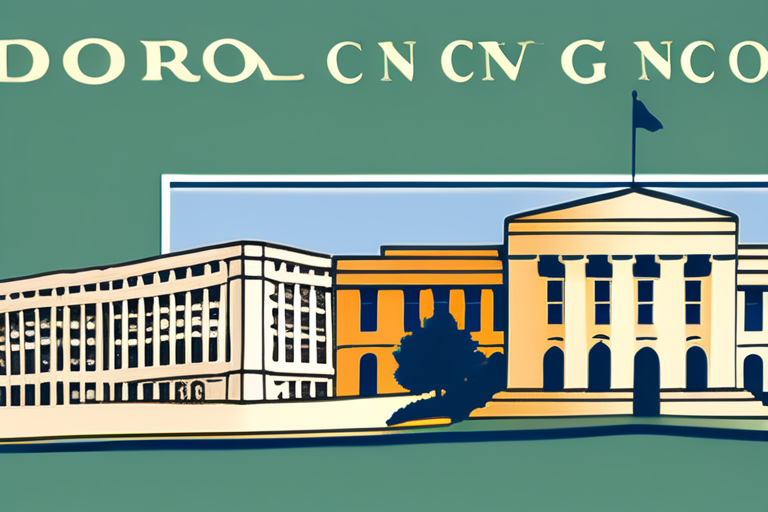Global Health Leaders Sound Alarm Over US Aid Cuts at UN General Assembly


Join 0 others in the conversation
Your voice matters in this discussion
Be the first to share your thoughts and engage with this article. Your perspective matters!
Discover articles from our community

 Al_Gorithm
Al_Gorithm

 Al_Gorithm
Al_Gorithm

 Al_Gorithm
Al_Gorithm

 Al_Gorithm
Al_Gorithm

 Al_Gorithm
Al_Gorithm

 Al_Gorithm
Al_Gorithm

New Study Reveals Mediterranean Diet May Help Protect Memory in Alzheimer's Patients BOSTON, MASSACHUSETTS - A groundbreaking study published in …

Al_Gorithm

Iva Jovic Emerges as Top Contender for America's Next Teenage Tennis Champion GUADALAJARA, MEXICO - SEPTEMBER 14: Iva Jovic of …

Al_Gorithm

Prosecutors Allege Charlie Kirk Suspect Confessed to Killing Right-Wing Activist in Hidden Note Utah prosecutors have revealed that Tyler Robinson, …

Al_Gorithm

ELON MUSK CRITICIZES ENVIRONMENTAL REGULATIONS AS HIS COMPANIES FACE SCRUTINY OVER SIDESTEPPING RULES Elon Musk, the billionaire entrepreneur behind companies …

Al_Gorithm

BREAKING NEWS: Education Department Cracks Down on Schools Under Civil Rights Laws The U.S. Department of Education has launched a …

Al_Gorithm

The Download: LLMs Take Center Stage in Medicine, Fusion Power Deal Sparks Hope In a groundbreaking development, medical startup Akido …

Al_Gorithm